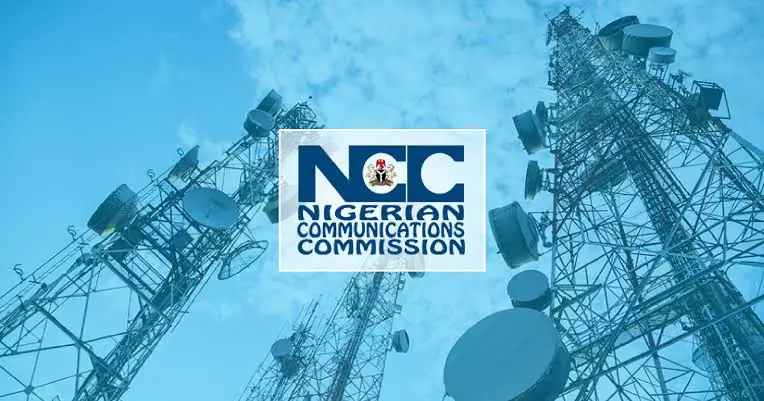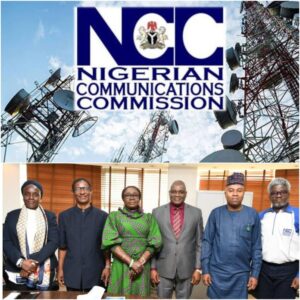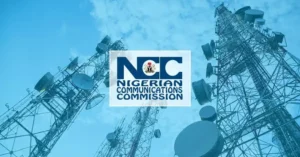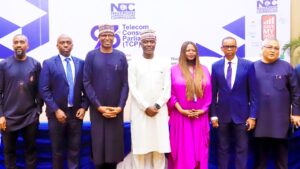

The Nigerian Communications Commission (NCC) has said it is engaging with the Central Bank of Nigeria (CBN) over the Unstructured Service Supplementary Data (USSD) debt issue between the telecom operators and the operators and the commercial banks in the country.
USSD, also known as quick or feature codes, is a global system for mobile communications (GSM) protocol that is used to send text messages and initiate financial transactions such as cash transfers, balance inquiries, payments for services and others.
Chief Executive Officer (CEO) of MTN Nigeria, Karl Toriola had said in October that banks might be disconnected from the USSD platform due to debt arising from the use of the quick codes by their
customers.
The executive secretary of the Association of Licensed Telecommunication Operators
of Nigeria (ALTON) Gbolahan Awonuga said in October that the debt had increased to N250billion
In 2019, telcos said they could no longer provide the services for free and proposed to take a cut of N4.50k per 20 seconds from the charges paid by customers to the banks.
However, banks kicked against it, alleging that it would raise costs by 450 per cent. Toriola had said mobile network operators (MNOS) might, subject to regulatory approval, suspend supporting the use of the service on the network for banking operations, as the debt had continued to pile up and was becoming unsustainable to the operators.
However, the NCC said it is engaging with the CBN to settle the issue amicably.
NCC’s Director of Consumer Affairs Bureau, Dr Ikechukwu Adinde, who disclosed this during a training programme for journalists on emerging trends in the telecom sector, said it was hopeful that the issue would soon be settled.
NCC officials also disclosed plans to introduce reforms to enhance tariff transparency in the telecommunications industry.
With these changes, set to roll out in the coming months, consumer operators will require telecom to provide clear, easily accessible tables outlining tariff plans, billing rates, and the terms and conditions associated with their services.




